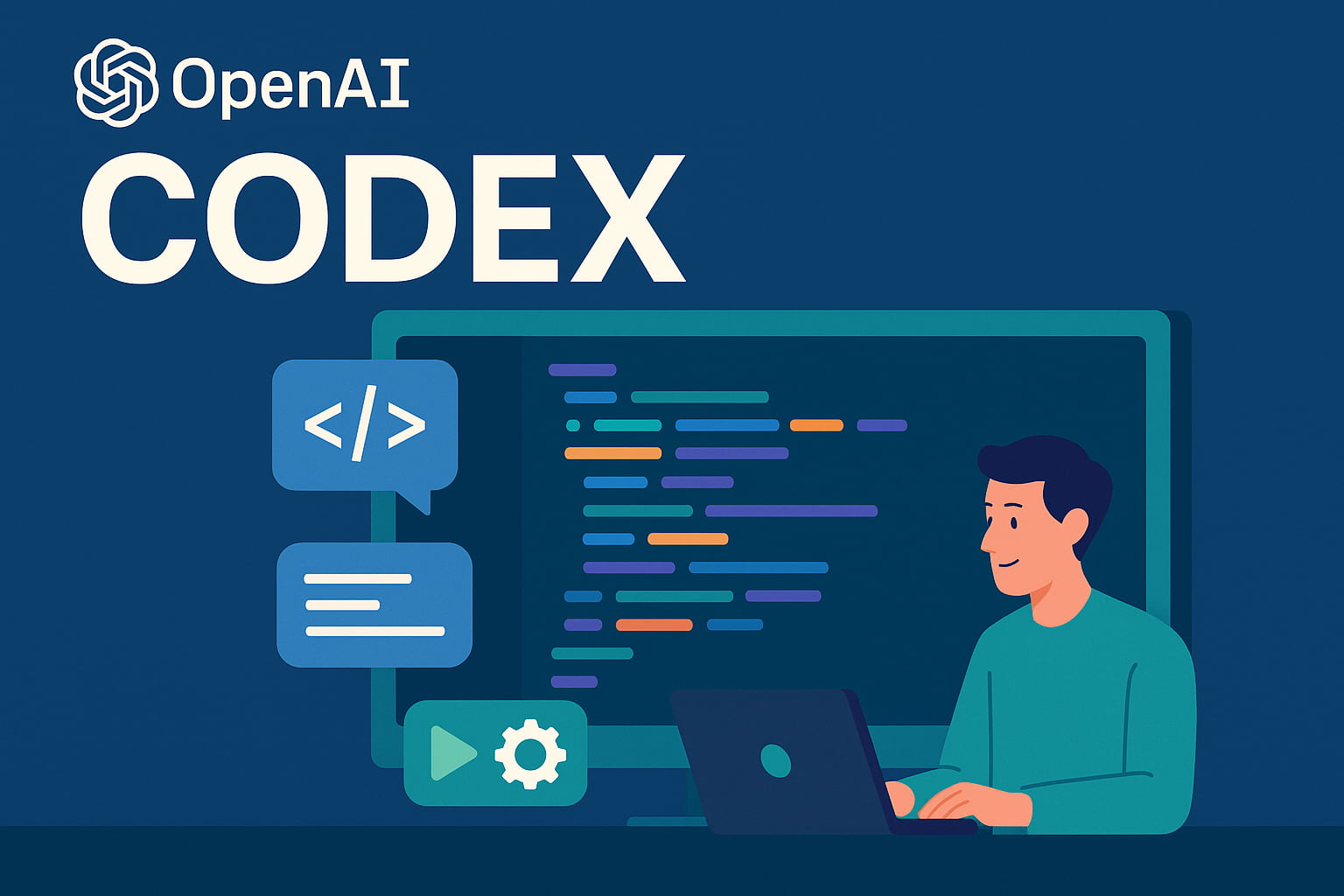If you've ever wished that your computer could understand what you wanted and just do it, OpenAI might have just made that wish come true.
On May 16, 2025, OpenAI introduced Codex, a new AI-powered assistant that can write, fix, and improve computer code — all from simple instructions you give it in plain English. Whether you're a software developer, a business owner, or someone with zero tech background, Codex has the potential to make technology much more accessible to everyone.
Let’s explore what Codex is, how it works, and why it matters — even if you’re not a programmer.
What Is OpenAI Codex?
Codex is an AI coding assistant built into ChatGPT. It can help people write software code simply by understanding what they type in regular language. You don’t need to be a tech expert or know a programming language. You just type your request, and Codex does the heavy lifting.
Think of it like asking a smart friend, “Can you make a webpage that shows a list of products?” and that friend instantly creates it for you.
Who Can Use Codex?
As of now, Codex is available to users on the ChatGPT Pro, Team, and Enterprise plans. OpenAI also plans to roll it out to ChatGPT Plus and educational users soon. So, whether you’re an individual, a small team, or a large business, Codex could be within reach.
What Can Codex Do?
Codex is designed to assist with many tasks in the world of software and coding, such as:
1. Writing code based on simple instructions
(Example: “Create a calculator that adds two numbers”)
2. Fixing bugs in code
(It can find errors and suggest corrections)
3. Improving code quality
(It can clean up messy code and make it easier to read)
4. Running tests to check if everything works correctly
Refactoring or reorganizing code for better performance
5. Handling multiple tasks at once
(A big help for developers who juggle different projects)
Even better, all of this happens in a safe and secure environment, so there’s no risk of it accidentally breaking something important.
Why Is Codex a Big Deal?
1. Saves Time and Effort
Codex can complete tasks in seconds that might take a human developer hours. That means faster project turnarounds, reduced costs, and fewer delays.
2. Makes Coding Accessible
Let’s say you have a great app idea, but you don’t know how to code. With Codex, you could describe what you want, and it can generate the basic code for you. This opens up opportunities for entrepreneurs, students, and creators everywhere.
3. Supports Teams and Businesses
Codex can help development teams work faster by taking care of repetitive or complex tasks. It can also help non-technical team members understand what’s happening by translating code tasks into plain language.
How Do You Use Codex?
Using Codex is simple:
1. Open ChatGPT if you’re a Pro, Team, or Enterprise user
2. Type your request in everyday language
3. Review and run the code in your development environment
OpenAI has made Codex part of the ChatGPT experience, so there’s no new software to install or learn.
Is Codex Safe?
OpenAI has taken precautions to make sure Codex is secure. It runs in a sandboxed environment, which means it’s isolated from the rest of your system. That helps prevent accidental damage or misuse.
Also, Codex doesn’t take actions on its own. You’re still in control of reviewing and approving the code before using it.
What’s Next for Codex?
OpenAI plans to keep improving Codex. Future updates might include:
- Letting users guide the AI during a task, like giving it step-by-step instructions
- Making it more interactive for collaborative coding
- Expanding its support for different programming languages and platforms
As the tool grows, it’s likely to become even more powerful and user-friendly.
OpenAI Codex isn’t just for coders. It’s for anyone who wants to bring their tech ideas to life without having to master programming from scratch.
Whether you’re a small business owner, a student, a marketer, or just someone curious about tech, Codex could be the key to unlocking your next great idea.
Welcome to the future of coding — where you can simply say what you want, and let AI help build it.

